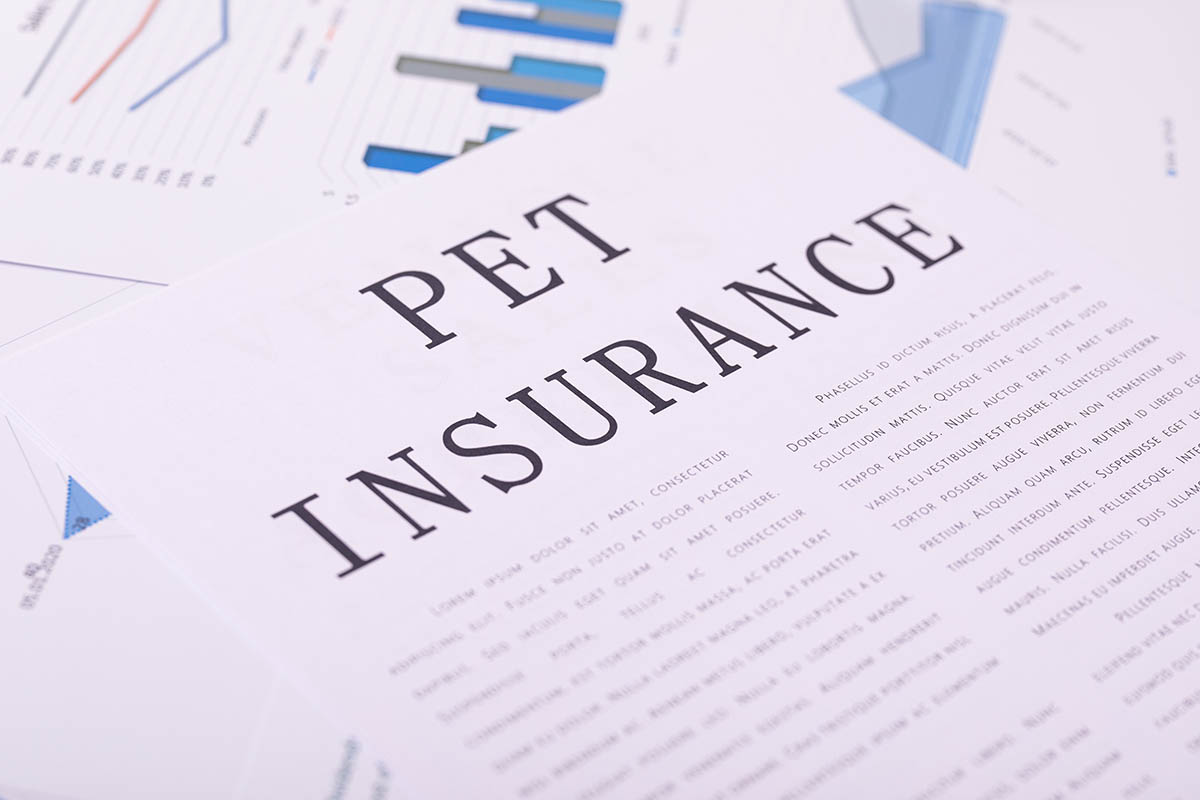Should You Get Pet Insurance This Year?
If you were one of the many people who adopted a furry friend during last year’s lockdown, you might have noticed one thing. Your four-legged companion is an expensive addition to the family. They add heaps of expenses — some expected, like food, toys, and grooming, and some not-so expected, like late-night veterinary care.
The thought of having to rush your sick pet to an emergency clinic is stressful for your family, but it can be incredibly challenging if you don’t have any money to spare. To take some of the pressure off your finances, you may be considering pet insurance to help you cover these costs. But is it worth it? Let’s find out!
What Does Pet Insurance Cover?
Pet insurance is just like car, life, or home insurance. It’s a safety net in case a disaster comes your way. Depending on your policy, your insurance provider will pay the vet cost of treating an accident, illness, or injury. Generally speaking, these policies won’t cover routine care, including check-ups or vaccinations.
There’s also a big chance your policy won’t cover pre-existing, congenital, or hereditary conditions. What does this mean for your pet?
Let’s say you adopted a senior cat that faces increased chances of urinary tract disease, or you foster-failed a German shepherd, a breed known for Canine Hip Dysplasia (CHD). Your policy may not payout for these issues. The same goes for age-related illnesses if your pet is a senior.
What Does it Cost?
While every plan and insurance provider varies, the North American Pet Insurance Association (NAPHIA) crunched the numbers. According to their calculations, the average premium for dogs costs $566 a year ($47 a month), and the average premium for cats was $354 a year ($29.50 a month).
Sit down with your budget to determine if this new cost is something you can afford. Here, you may have to weigh the risk of hedging your bets.
- If you decide against getting insurance, you have to hope you don’t run into emergencies you can’t afford on your own.
- But at the same time, your policy may not help you with the lion’s share of emergency vet bills if your pet has pre-existing conditions.
- While there’s a chance you could face thousands of dollars in bills following an accident, most people claim just $278. That’s less than you pay in a year.
- You also have to check whether you have to pay a deductible.
Keep these things in mind as you compare policies from different insurance companies. Comparison shopping here is key, as it lets you know what kinds of illnesses and accidents are covered and how much you can expect to pay for full coverage. So, make sure what’s the best pet insurance company for your needs before you make your decision.
What Are the Alternatives?
If you don’t like the idea of paying a monthly pet insurance premium, you’re in luck — there are other ways you may prepare for an emergency vet bill.
Saving for an Emergency
The best way to care for your pet as they age is by setting up an emergency vet fund. To do this, save a little bit of each paycheck to put toward this account. Try to aim for around $50 a month, keeping in mind it’s above and beyond regular pet costs, like food, grooming, and routine check-ups.
Having an emergency fund is a good idea, even if you do opt for pet insurance. Remember, your policy may have you covered the bill upfront before they issue you a credit. Or, you may have to pay large deductibles as per your policy. Having some cash squirreled away for exactly these purposes will take some of the pressure off your budget in case an emergency comes your way.
Taking out an Online Loan
You may also consider taking out an installment loan or line of credit to help out in a pinch. You may be able to get these loans for unexpected expenses when your emergency fund isn’t big enough to cover your vet’s bill.
Don’t worry if your credit is less than stellar. With a little time spent browsing the Internet, you can find direct lender installment loans for bad credit. Many online direct lenders may still look at your credit score, but they weigh it against other financial details. They determine if you qualify by comparing your credit to employment history, income, and payment schedule.
If you take out installment loans for bad credit, make sure you can afford its rates and terms. The lower your score goes, the higher your rates tend to be. That means the higher your score is, the lower your rates may be, and that’s true of any borrowing option — from direct payday loans to cash advances, mortgages, and auto loans.
Check out these tips to improve your score. These good credit habits may help you qualify for a larger selection of loans at lower rates. As you work on your credit, don’t forget to keep up with your savings. Over time, you’ll have gathered a tidy sum of money to cover future medical costs when your pet’s older — even if you have to rely on online loans right now.
Pet Insurance: It’s a Toss-Up
Now that you have some more facts in your hands, let’s return to the top question. Should you get pet insurance? There may not be a clear answer. You have to compare your pet’s needs with your financial abilities.
Start researching policies to see what they cover and if it’s worth the monthly premium. Otherwise, automate savings toward an emergency fund, and don’t forget about online loans when you’re in a pinch.






















